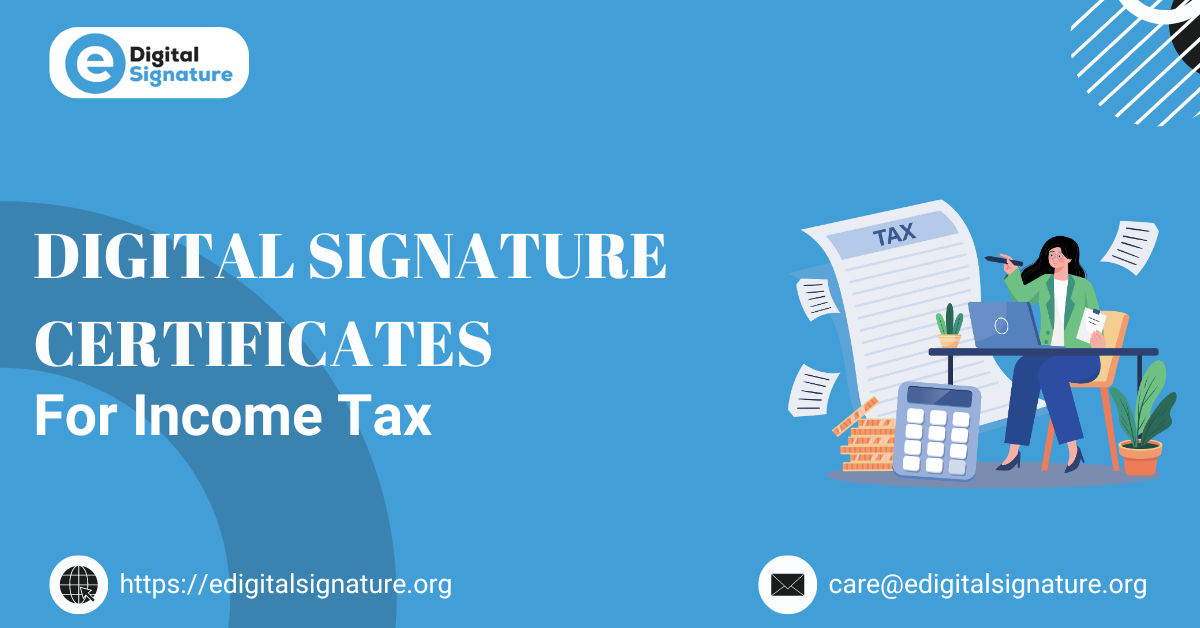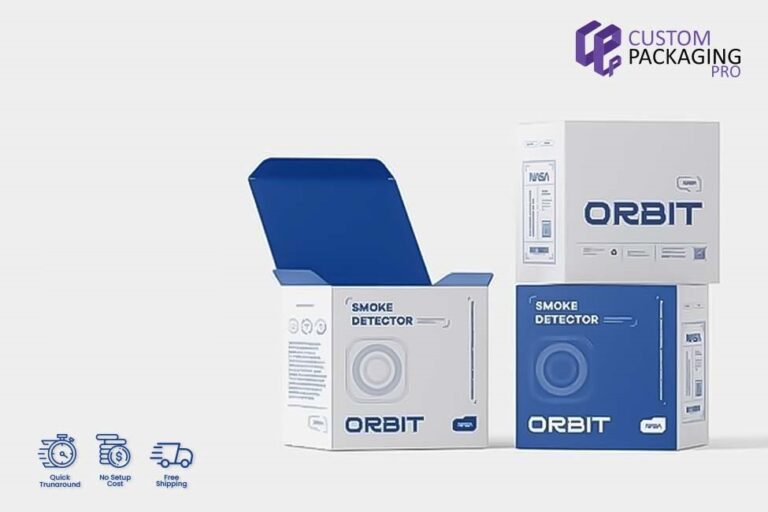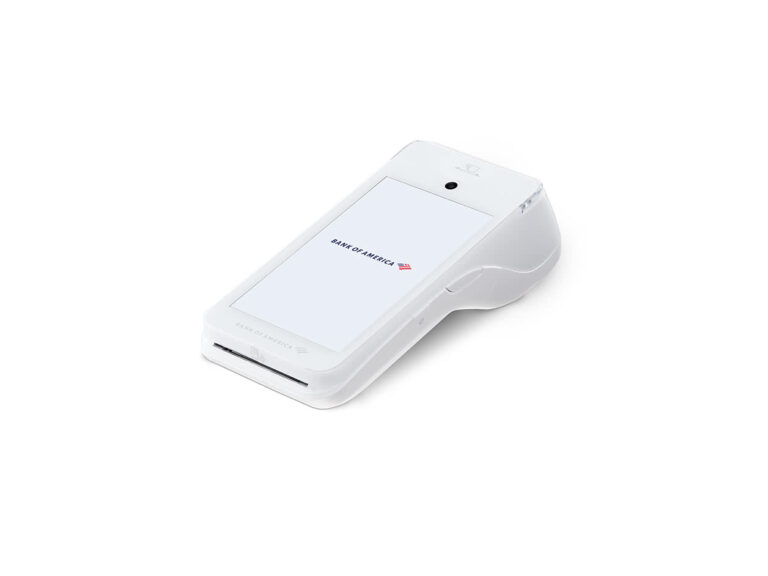With the increasing digitalization of services across all sectors, the process of filing income tax returns and other related tasks has also evolved. One of the critical components of this digital transformation in the tax ecosystem is the Digital Signature Certificate (DSC). This guide will help you understand what a DSC is, why it is necessary for income tax filing, how to obtain one, and how to use it effectively.
What is a Digital Signature Certificate (DSC)?
A Digital Signature Certificate is an electronic form of a physical signature that can be used to authenticate and validate the identity of the person or entity signing the document. In the context of income tax, a DSC ensures that the person filing the tax returns is authorized to do so and that the information provided is secure and not altered.
DSCs are issued by licensed Certifying Authorities (CAs) recognized by the Controller of Certifying Authorities (CCA) under the Information Technology Act, 2000. The certificates are stored on USB tokens, smart cards, or in secure hardware devices, and they contain the signer’s name, public key, digital signature, and the certifying authority’s details.
Why is a DSC Necessary for Income Tax?
Using a Digital Signature Certificate in income tax filings offers several advantages:
Security and Integrity:
A DSC ensures that the information in the tax documents is encrypted, protecting it from unauthorized access or alterations during transmission.
Legal Validity:
Documents signed with a DSC are legally binding and hold the same legal standing as physical documents signed with ink.
Convenience and Speed:
Using a DSC for e-filing eliminates the need for physical paperwork, reduces processing time, and facilitates quicker refunds and communication.
Mandatory for Certain Categories:
The use of DSC is mandatory for companies, Limited Liability Partnerships (LLPs), and individuals whose income exceeds a certain threshold or who are liable for audit under Section 44AB of the Income Tax Act.
Types of DSCs for Income Tax Filing
There are different types of DSCs available based on the level of security and validation required:
Class 2 DSC:
This certificate is used primarily for individuals and businesses filing income tax returns. It verifies the identity of a person against a pre-verified database.
Class 3 DSC:
This is a higher level of certification used for participating in online auctions and bidding. It provides the highest level of security for online transactions.
For income tax purposes, Class 2 DSC is commonly used as it is sufficient for filing tax returns and other related documents.
How to Obtain a Digital Signature Certificate?
Obtaining a Digital Signature Certificate is a straightforward process that involves the following steps:
Step 1: Choose a Certifying Authority (CA)
Select a Certifying Authority authorized by the CCA to issue DSCs. A list of licensed CAs can be found on the CCA’s official website. Ensure that the CA is recognized and reputable.
Step 2: Fill Out the Application Form
Visit the CA’s website or office to fill out the application form for the DSC. You will need to provide personal details such as your name, address, email, phone number, and PAN number.
Step 3: Provide Necessary Documents
Along with the application form, you will need to submit the following documents:
- Proof of Identity: Passport, PAN card, Aadhaar card, voter ID, or driving license.
- Proof of Address: Passport, Aadhaar card, voter ID, utility bill, or bank statement.
- Passport-sized Photograph: As per the CA’s specifications.
Step 4: Verification and Payment
The CA will verify your application and the submitted documents. Once verified, you will need to make the payment for the DSC, which can vary depending on the validity period and type of certificate chosen.
Step 5: Issue of DSC
Upon successful verification and payment, the CA will issue the DSC. You will receive the certificate in a USB token or smart card, along with instructions on how to install and use it.
Advantages of Using DSC for Income Tax Filing
Enhanced Security: DSCs offer a secure way to file returns by providing robust encryption and digital authentication.
Time-Saving: With DSCs, the process of filing returns becomes seamless and significantly faster, as it eliminates the need for physical paperwork.
Legal Validity: DSCs are recognized under Indian law, providing legal assurance for all filings made using them.
Also Read, Digital Signatures Certificate For Trademark Registration
Conclusion
The use of Digital Signature Certificates in income tax filing is a step towards a more secure, efficient, and paperless system. For individuals and businesses, it is essential to understand the benefits and the process of obtaining and using a DSC. By ensuring the integrity and authenticity of your filings, DSCs not only streamline the process but also help you stay compliant with the legal requirements set by the government. As India continues to advance technologically, embracing such digital tools will be key to smoother and more effective compliance with tax laws.











